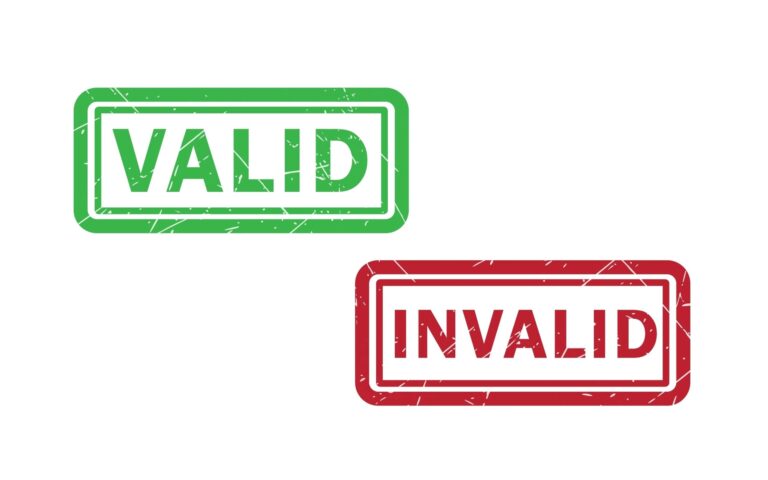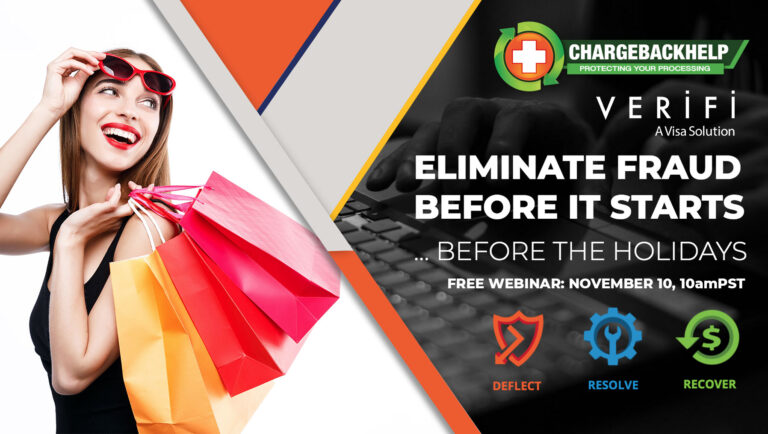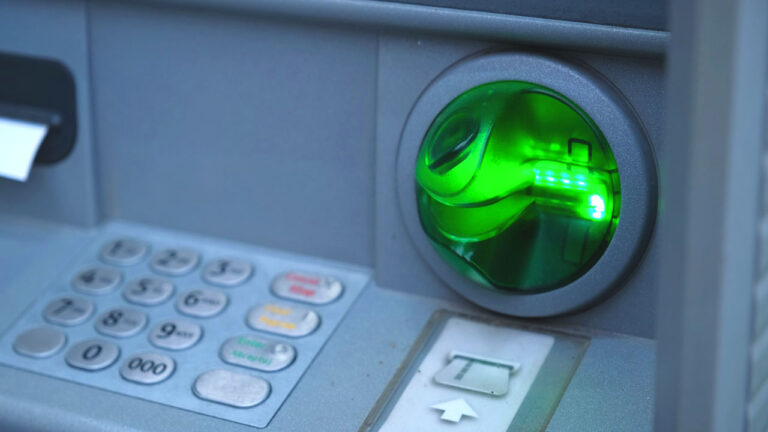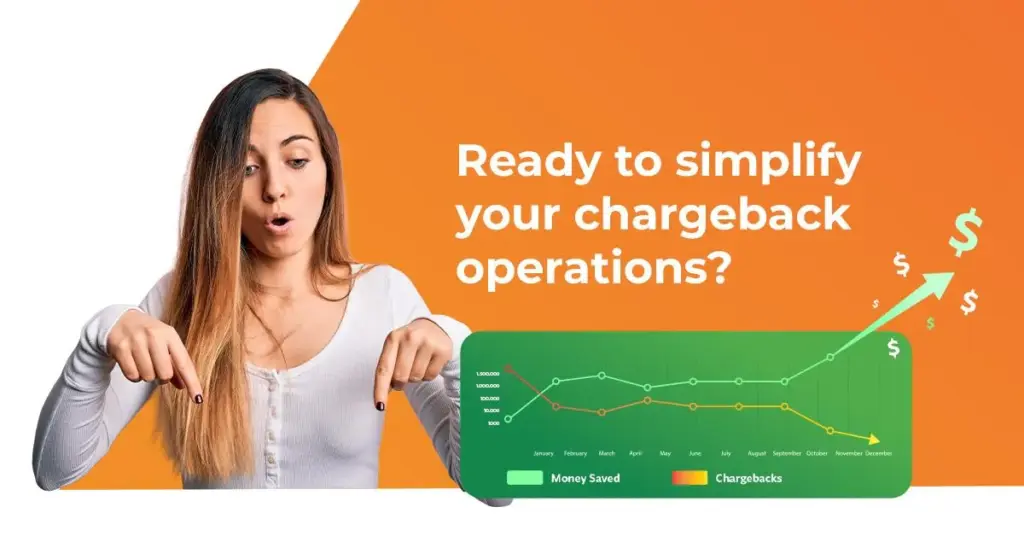How FaaS (Fraud as a Service) Contributes to Chargebacks

[fusion_builder_container hundred_percent=”no” equal_height_columns=”no” hide_on_mobile=”small-visibility,medium-visibility,large-visibility” background_position=”center center” background_repeat=”no-repeat” fade=”no” background_parallax=”none” parallax_speed=”0.3″ video_aspect_ratio=”16:9″ video_loop=”yes” video_mute=”yes” border_style=”solid” flex_column_spacing=”0px” type=”flex”][fusion_builder_row][fusion_builder_column type=”1_1″ layout=”1_1″ background_position=”left top” background_color=”” border_color=”” border_style=”solid” border_position=”all” spacing=”yes” background_image=”” background_repeat=”no-repeat” padding_top=”” padding_right=”” padding_bottom=”” padding_left=”” margin_top=”0px” margin_bottom=”0px” class=”” id=”” animation_type=”” animation_speed=”0.3″ animation_direction=”left” hide_on_mobile=”small-visibility,medium-visibility,large-visibility” center_content=”no” last=”true” min_height=”” hover_type=”none” link=”” first=”true” type=”1_1″][fusion_text columns=”” column_min_width=”” column_spacing=”” rule_style=”default” rule_size=”” rule_color=”” content_alignment_medium=”” content_alignment_small=”” content_alignment=”” hide_on_mobile=”small-visibility,medium-visibility,large-visibility” sticky_display=”normal,sticky” class=”” id=”” font_size=”” fusion_font_family_text_font=”” fusion_font_variant_text_font=”” line_height=”” letter_spacing=”” text_color=”” animation_type=”” animation_direction=”left” animation_speed=”0.3″ animation_offset=””]
You’ve heard of Software-as-a-Service, but how about Fraud-as-a-Service? While at first it might sound like an oxymoron, Fraud-as-a-Service (FaaS) is a huge threat for businesses the world over. Unfortunately, FaaS not only fuels fraud but can quickly drive up chargebacks.
Fraud-as-a-Service refers to unscrupulous parties providing various tools and platforms — including ready-to-use malware viruses, automation bots, synthetic IDs, stolen credit card number lists, and more — to other fraudsters who leverage them for their own criminal activities. Sadly, criminals have realized that offering Fraud-as-a-Service is a great way to make money illicitly, and FaaS providers realize they can let others do much of the dirty work.
FaaS fuels chargebacks. Just as Software-as-a-Service and similar models have improved productivity and ensure that businesses have access to the latest and most advanced tools, FaaS enables hackers to increase productivity and stay on the bleeding-edge of crime with relative ease. Mastercard’s Ethoca subsidiary reports that chargebacks are likely to rise by 40% between 2023 and 2026, and it’s a safe bet that FaaS will contribute to that increase.
FaaS platforms can offer many benefits for criminals, including:
- Low Initial Investments– Perhaps the biggest benefit provided by FaaS is the ability to jump in and ramp up operations quickly. Criminals no longer have to build from the ground up, investing resources in uncertain outcomes and long development timelines.
- Easy to Scale– One of the best benefits of SaaS is that most tools can quickly scale as the business grows. Unfortunately, that’s now true for criminal efforts as well. When criminals find an opportunity, they can ramp up operations rapidly.
- User-Friendly Interfaces– User experience is a major focus for software developers, including FaaS providers. Once the realm of advanced hackers, now just about anyone can use advanced tech tools to perpetuate fraud.
- Customer Support– Some FaaS providers provide documentation, training, tips, and even ideas for conducting crime. This makes it easier for inexperienced parties to get involved in fraud.
Unfortunately, rising fraud rates fuel chargebacks. Many chargebacks are filed in response to unauthorized transactions made by fraudsters. Some cardholders also abuse the chargeback process to perpetuate first-party fraud. Powerful tech tools and automation features will continue to make life easier for criminals while putting merchants and their bottom line at risk.
How Specifically FaaS Impacts Chargebacks
FaaS poses a lot of specific threats when it comes to chargebacks. Productivity gains and automation simply make it easier for criminals to carry out their dirty deeds. This fuels chargebacks as more cardholders are targeted by fraudsters. Ultimately, merchants often have to pick up the tab for fraudulent transactions.
Take enumeration or brute force attacks, for example, which account for roughly 5% of all data breaches. With these attacks, fraudsters plug in login credentials and the like to see if they can gain access to a user’s account, guess their Card Verification Value (CVV), and more.
In the past, enumeration attacks involved a lot of manual labor, but then hackers created bots to carry out the tasks. Now, fraudsters can simply purchase ready-to-go bots from FaaS providers, making the whole process much easier.
Likewise, credit and debit card data stolen through data breaches is often sold online. This means fraudsters don’t have to conduct a breach to access data. They can simply purchase the data online and plug it into payment portals. (Plus they can purchase bots to do the data input.)
Once a cardholder realizes that they’ve been targeted by criminals and unauthorized purchases have been made, they’ll file chargebacks. While merchants may not have intentionally enabled the fraud, they’ll have to foot the bill, paying chargeback fees and suffering other penalties. Inventory lost from completed fraudulent transactions drives the costs even higher.
The above situations are only a few examples of the many destructively creative ways that criminals can use Fraud-as-a-Service in ways that lead to chargebacks. Criminals can be quite resourceful and will continue to refine their methods and look for emerging opportunities. This means merchants must always be on their toes.
FaaS and the Dark Web
Heard about the dark web? You’re not likely to find fraud tools on Google or Apple’s software stores (if you do, they’re hopefully taken down quickly!). It’s hard to find FaaS anywhere on the normal web, and authorities take action when and where they can. Yet FaaS providers are relatively easy to find if you know how to access the so-called Dark Web.
The Dark Web is a semi-hidden section of the Internet that’s typically only accessible with tools like the TOR network. This section of the web isn’t indexed by search engines so you’re not reaching dark websites simply through Google and Bing. Not all activity of the Dark Web is illicit, but for criminals, it offers a sort of safe space to sell goods and services, share data, and more. Unfortunately, many chargebacks are ultimately rooted in illicit activity on the Dark Web.
Fraud and Chargeback Prevention as a Service
It’s not all bad news. Just like criminals offer Fraud-as-a-Service, many companies now offer a variety of cybersecurity and fraud/chargeback mitigation as a service. The best developers remain abreast of the latest developments, constantly engaged in an arms race against those criminals looking to defraud cardholders, merchants, and financial institutions.
Looking for a reliable and cutting-edge partner to combat fraud and chargebacks? The ChargebackHelp team works day in and day out to develop and support tools that reduce chargebacks and criminal activity.
Contact us now to put our chargeback and fraud prevention team to work for you.
[/fusion_text][/fusion_builder_column][/fusion_builder_row][/fusion_builder_container]








